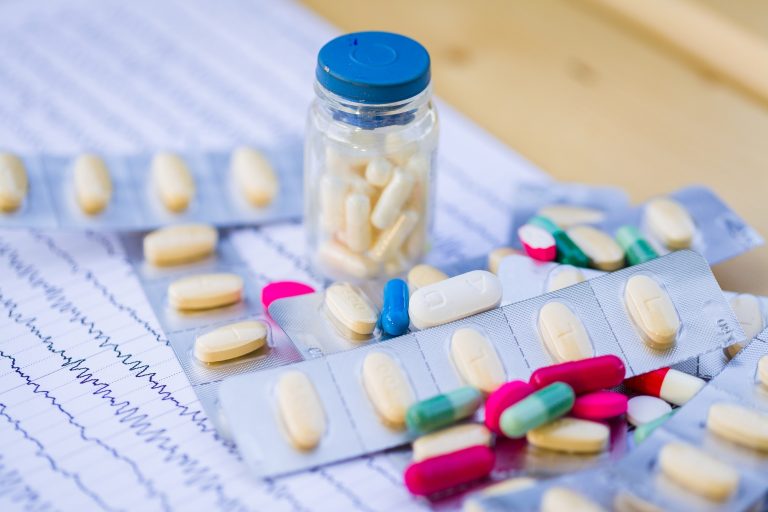Serotonin is central to many of our behavioral responses. In fact, serotonin has been implicated in practically every type of human behavior, including appetitive, emotional, motor, cognitive and autonomic. The Cleveland Clinic goes so far as to refer to serotonin as your body’s natural “feel good” chemical because of how it helps regulate our moods. Healthy serotonin levels allow people to feel more focused, happier, and calmer. Lower serotonin levels can contribute to feelings of depression.
Recent scientific advances demonstrate that serotonin has a number of important roles to play in numerous parts of the human body outside the central nervous system, including in pulmonary physiology, gastrointestinal and endocrine function, and cardiovascular health. Serotonin also plays a role in inflammatory responses and liver regeneration.
There are a number of myths associated with serotonin. For example, many people believe that serotonin is only present in the brain, which is not the case. As Psychology Today magazine points out, approximately 90% of serotonin is made in your gut, where it actually assists with motility and contractions regulation. Another 8% of serotonin exists in your blood steam, meaning only about 1-2% of serotonin exists in our brains.
In addition, many people believe that the higher levels of serotonin, the better. But that is not accurate. In fact, too much serotonin from medications can cause “serotonin syndrome,” with symptoms ranging from tremors to delirium. Serotonin syndrome can actually be life-threatening.
People should always consult with their physician or other healthcare provider when taking medications that boost serotonin.






